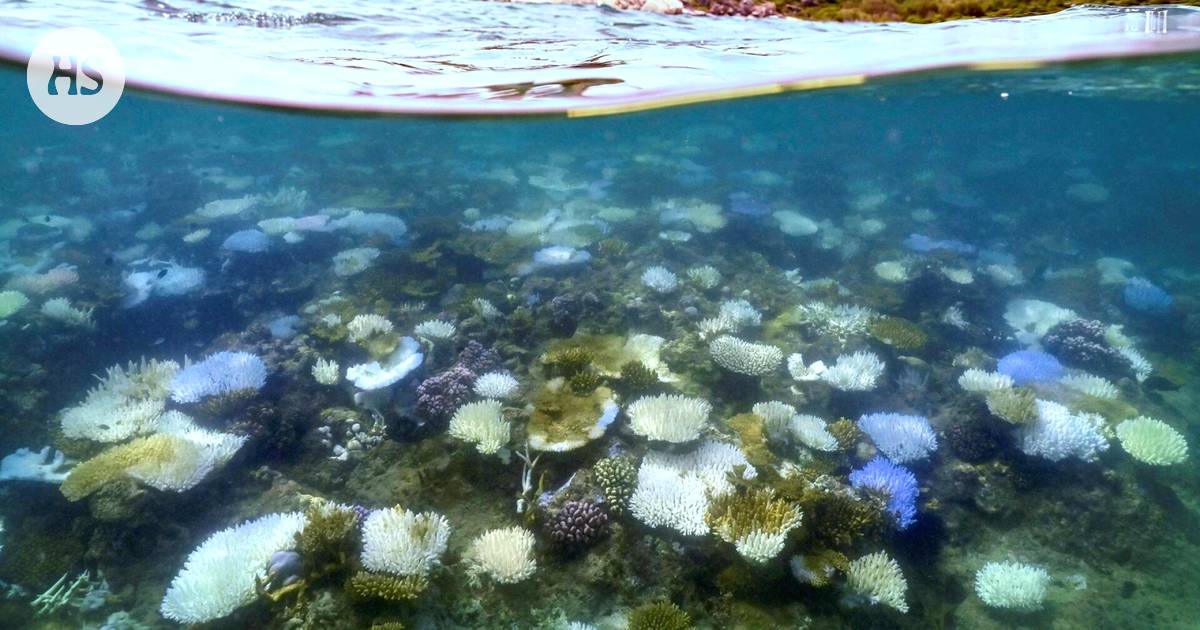The Great Barrier Reef, a world-renowned marine ecosystem located off the coast of Australia, is currently undergoing its fifth major coral bleaching event in just eight years. This alarming trend is being compounded by other destructive climate-related impacts such as cyclones, floods, and the presence of coral-eating starfish.
The reef, which is known for its vast biodiversity and size, has been severely impacted by these stressors in recent summers. The resulting increased coral bleaching and damage are of great concern to scientists and researchers who are working tirelessly to assess the extent of the damage and understand the long-term effects of coral bleaching on the reef’s ecosystem.
Recent studies indicate that this latest bleaching event is one of the most extensive that the reef has experienced in nearly 40 years of monitoring. Despite its resilience in past years, experts warn that there are limits to its ability to withstand ongoing climate change impacts.
The authorities responsible for managing the Great Barrier Reef Marine Nature Park have been closely monitoring the situation and have observed coral bleaching in a significant percentage of reefs surveyed. Heat stress has reached record levels in some areas, causing corals to expel algae living inside them and lose color and nutrients. While some corals may recover if conditions improve, the overall impact on the reef’s health is concerning.
To ensure the long-term survival of this iconic marine ecosystem, it is crucial to address the root causes of coral bleaching such as global warming and ocean acidification. Ongoing research efforts will continue to provide valuable insights into the state of the Great Barrier Reef and help guide conservation and protection measures.


